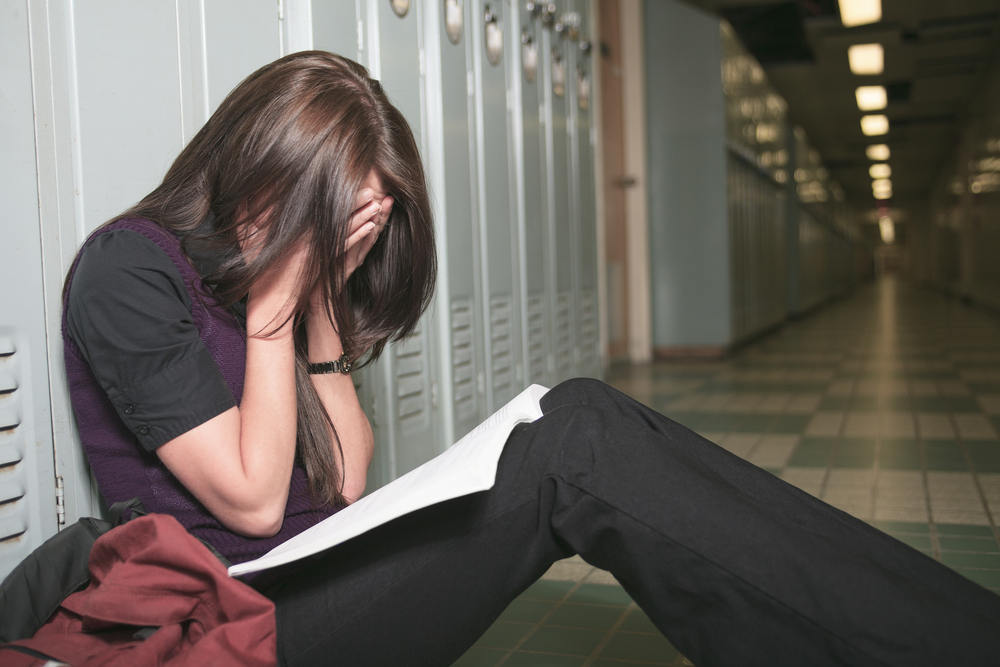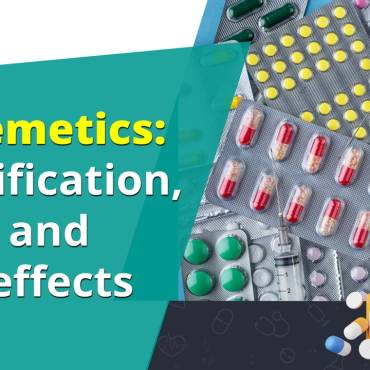It’s very common to see teenagers getting excited and getting depressed in no time. Actually, teenage depression is a result of mental and emotional disorder that both boys and girls experience in this phase of life.
Teenage is a considerable period of life when a lot of things happen to our body which manifests in different ways and it invariably invokes some sort of depression symptoms. One on hand, adolescents approach to adulthood and experience a lot of hormonal changes in the body, on the other, they face many social and parental restrictions stuck with them. This situation probably becomes a cause of teenage depression. It’s very important to understand the nature of this depression in order to deal with the condition.
Also Read:\Watery Eyes: causes and treatments
In most of the cases, the teenage depression doesn’t linger very long and it disappears as you step in adulthood, but some cases become very critical in which the emotional stress of teenage can spoil your personal, educational, family and social life forever. The impact of adolescence depression can be deep-rooted and its wave can shake you lifelong, it can even raise some suicidal tendencies.
Causes of teenage depression:
There are some known and some unexplored factors that can cause depression, stress or anxiety among adolescents. Some common causes are:
• Biological defections
The anatomical research of our body describes that normal functioning of our brain chemicals is essential to send a signal to other parts of the body. It’s called neurotransmission. But when this process is disturbed, it changes the function of nerve receptor and nerve systems, generating the waves of stress and anxiety among teenagers.
• Hormonal changes
Teenage is a period of fast hormonal changes in the body that may result in an imbalance of hormones. Such a condition triggers more depression in adolescents.
• Genetic traits
Depression could be inherited from the blood relatives. There are many cases in which children are found to be unusually aggressive which their parents or other blood relatives are known for.
• Troubled childhood
Those children who undergo a traumatic situation feel its impact on their emotional, physical and behavioral act. Physically or emotionally abused children probably become a victim of dejection feeling and they easily develop some depression symptoms that are hard to treat.
• Social and study pressure
The competitive challenges and social norms on certain behavior can be blamed for imposing extra pressure on the teenagers. Such social norms become a cause of concern for adolescents and the chances are they could give-up before fighting it off. The pressure to excel can cause mental stress in teenagers and they may feel shackled in this norm forever.
Also Read: Yoga to slim your face
Adolescence depression symptoms:
According to a study published in the American Family Physician, about 15% of children and adolescents have some symptoms of depression. The severity of these signs can vary. Some people get confused with these symptoms and correlate them with the typical feelings adjustment between puberty and teenage. The American Academy of Child and Adolescent Psychiatry (AACAP) has identified these symptoms that include emotional and behavioral changes.
Emotional changes:
• Pertinence of sadness
• Crying for no apparent reason
• Feeling of hopelessness
• Living irritable or annoyed mood
• Feeling of anger and frustration over trivial matters
• Disenchantment from daily normal activities
• Loss of interest in family and friends
• Feeling of low confidence and low self-esteem
• Shrouded by a guilt feeling
• Haunted by past failure and previous mistakes
• Criticizing and blaming oneself
• Inability to concentrate and remember things
• Frequent thoughts of dying or suicidal feeling
Behavioral changes in teenage depression:
• Consumption of too much alcohol, smoke or drugs
• Insomnia or sleeping too much
• Agitation and feeling of restlessness
• Getting tired and feeling exhausted easily
• Loving social isolation
• Talk of suicide
• Always eager to put life at risk
• Involvement in brawls on petty matters
• Suffering from unknown phobias
• Frequent burst on family members
• Staying away from friends and after-school activities
• Declining school performance
Understand normal and abnormal teenage depression symptoms:
It’s the big responsibility of the parents or guardians of teenagers to understand and assess if their children are behaving normally. They have to keep an eye on the emotional and behavioral traits of their son or daughter. They can consult a psychiatrist to understand the consequences of any unusual behavior in the children. Parents should also observe if their children are groomed well and are capable of facing the challenges of life without crumbling.
Diagnosis of teenage stress
In order to combat teenage depression, the emotional and behavioral treatment should be given through:
• Emotional counseling
• Physical playful activities
• Psychological evaluation
• Infusion of self-confidence
• Removing the mental pressure
• Attachment to joint family
• Easing study pressure
• Balancing hormone levels in the body
• Music therapy




